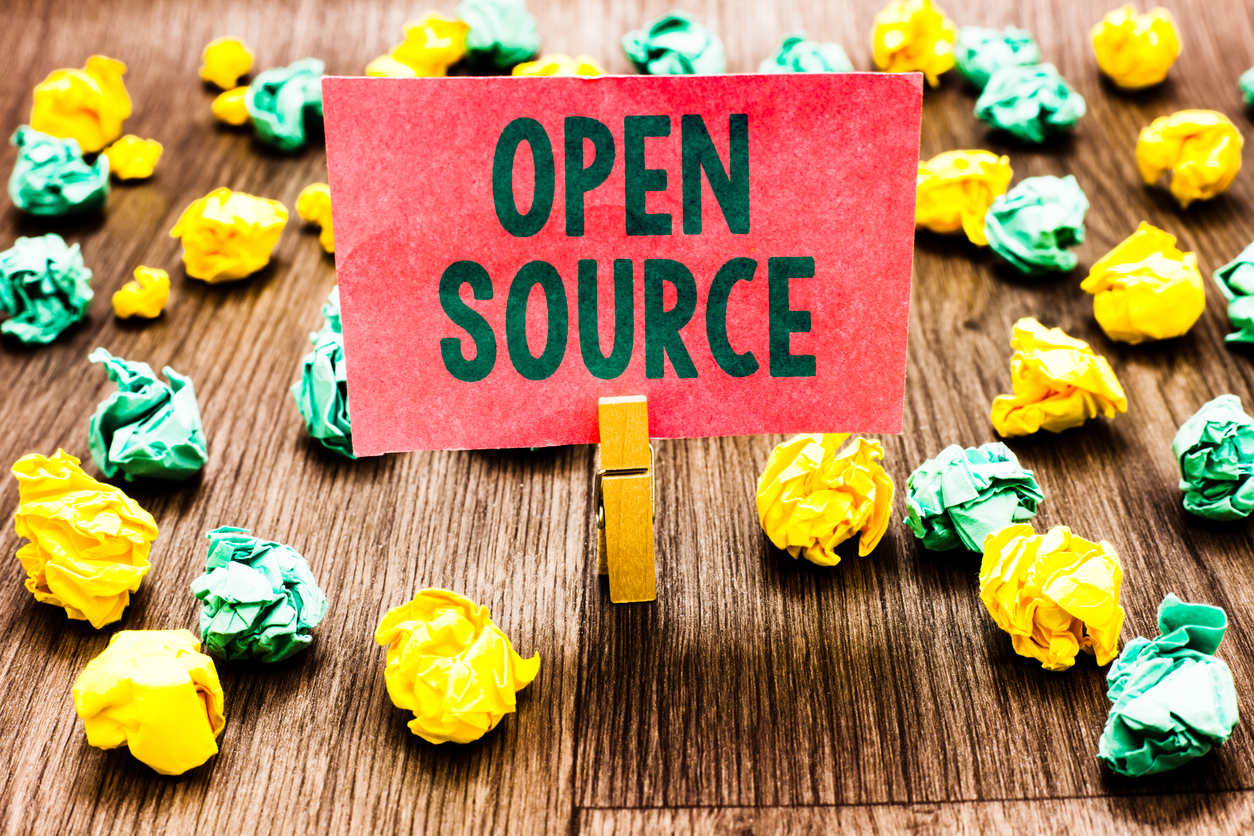Do University Rankings Measure Anything at All?
There are more university comparisons than ever before, but some argue there is little reliable or actionable information to be gleaned from them.
opinion articles
Send us a link
There are more university comparisons than ever before, but some argue there is little reliable or actionable information to be gleaned from them.
When reading a research paper, can you be certain that the institution the author claims to be affiliated with is actually the institution that was responsible for supporting the research?

We are in the middle of a climate breakdown, and all they can talk about is money and fairytales of eternal economic growth, says climate activist Greta Thunberg.

The extent to which researchers can assess the impact of their public engagement is often under-analysed and limited to success stories. Drawing on the example of development aid, it is argued that we need to widen the parameters for assessing public engagement.

Every five minutes or so, someone tries to come up with a cost-per-article figure for academic publishing. Martin Paul Eve explains why he finds himself wanting to resist the temptation.

Continuing our celebration of Peer Review Week 2019, today Alice Meadows interviews Tracey Brown, OBE, Director of Sense about Science, which has been involved in Peer Review Week from the start.
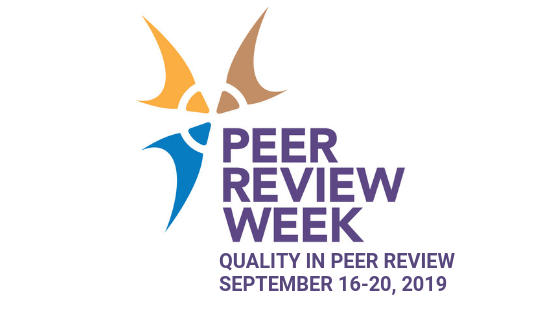
Researchers should learn to travel better to mitigate their climate impacts. Institutions can help by facilitating and rewarding sustainable travel behaviour, rather than fuelling the pressure to attend conferences, say Olivier Hamant, Timothy Saunders and Virgile Viasnoff.

Alice Meadows and Karin Wulf kick off the fifth annual Peer Review Week with their thoughts on defining quality in peer review principles and practices.

"My family didn't understand the internship process or why I wasn’t getting paid yet. That causes some psychological distress."
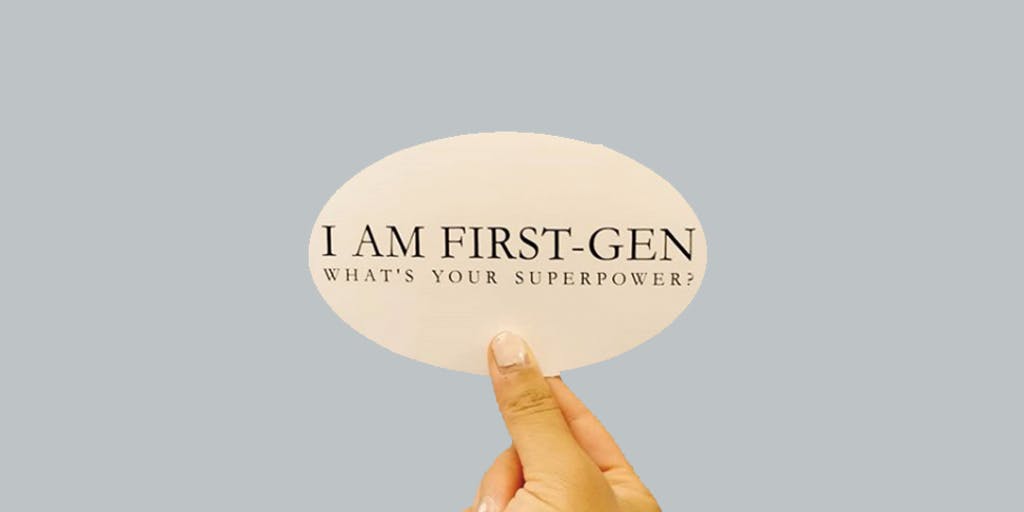
The financial strain of having a baby during her Ph.D. put this researcher's career in jeopardy.

What happened when Jeffrey Epstein funded science and tech? Women were excluded.
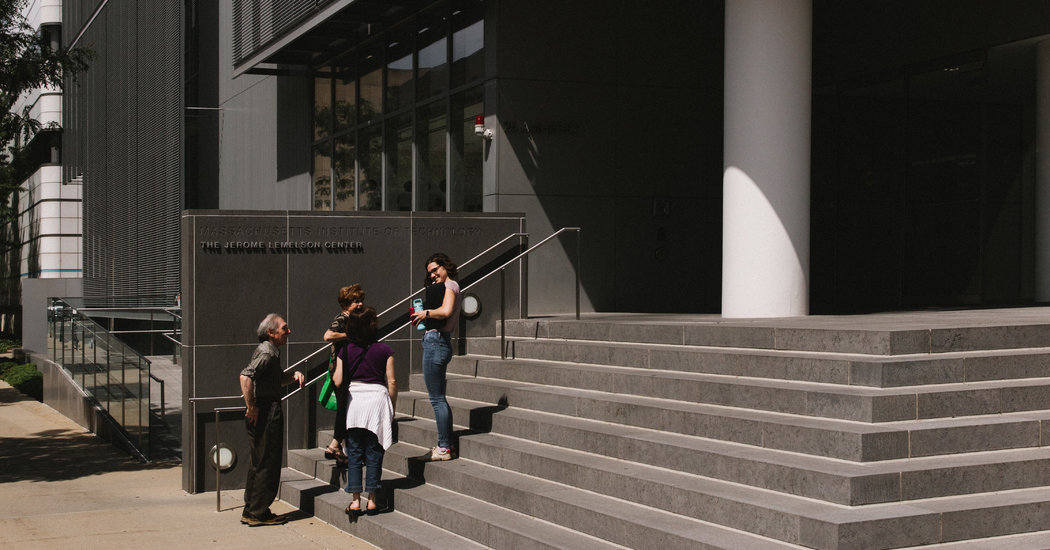
EU-backed research projects were slashed after Switzerland voted to curb immigration. The UK should take note.

One graduate student explains the importance of the global climate strike.
With Europe facing significant challenges over the next decade, it is vital that the EU's research activities are designed not just by bureaucrats but by a wide range of voices to ensure that they're fit for purpose, according to Jean-Eric Paquet, the European Commission's Director General for Research and Innovation.
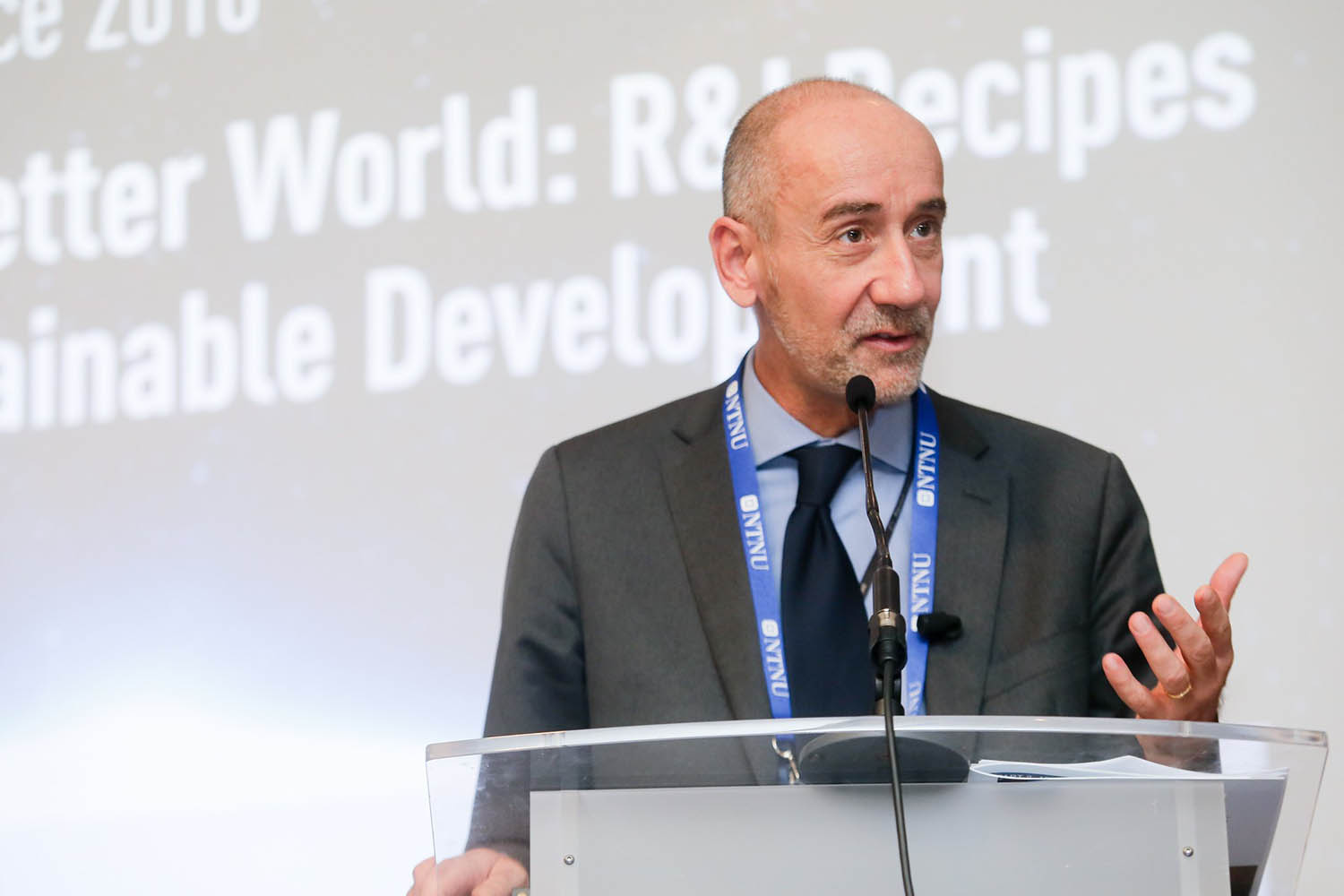
Implicit bias - the presence of prejudices and stereotypes in the workplace - has been a topic of discussion both within and outside academia. Does this lead to a focus on the individual that masks embedded structures inhibiting gender equality?

Researchers should be required to pass exams accredited by professional bodies to prove they have the skills to publish.

The collapse of Italy's coalition government has left researchers vulnerable. The president should use his moral authority with party leaders to make sure that promises of increased funding are kept.
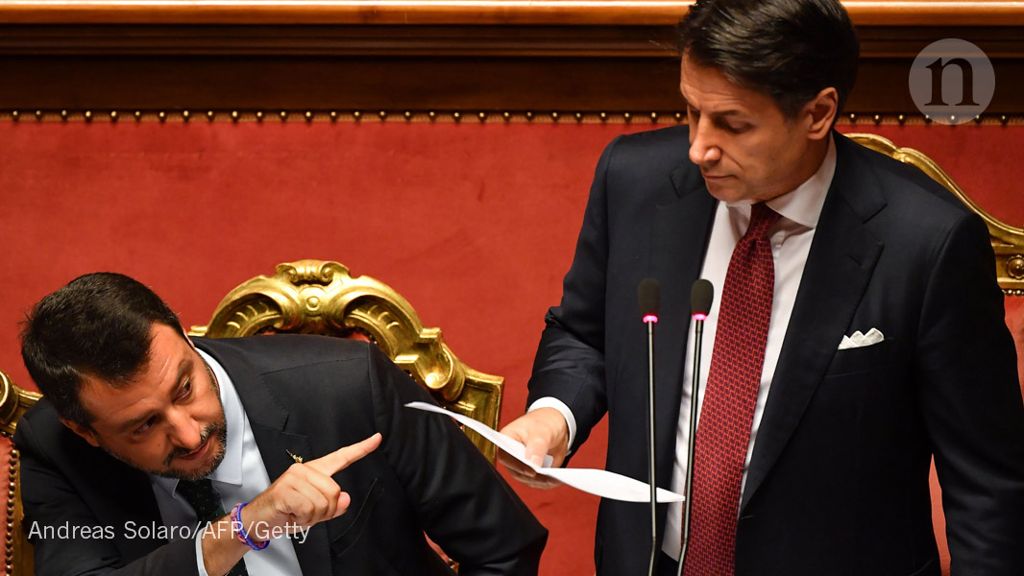
Kathryn M. Rudy considers the huge expenses of doing scholarly work in her field of art history.
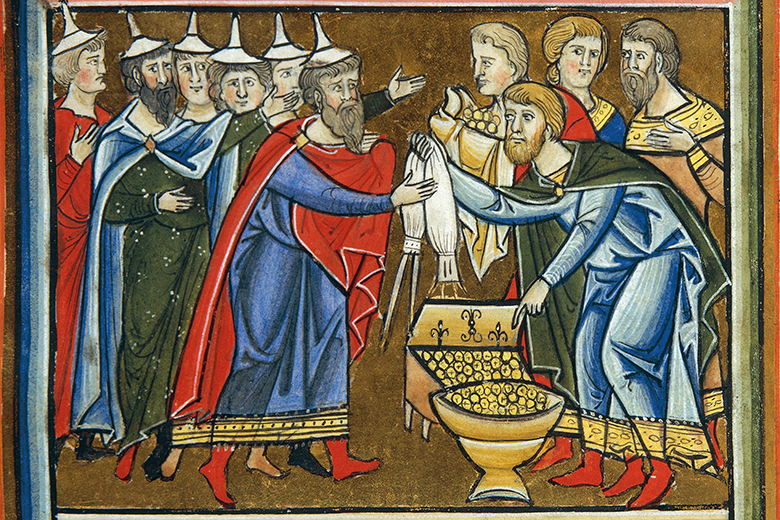
Many researchers still see the journal impact factor (JIF) as a key metric for promotions and tenure, despite concerns that it’s a flawed measure of a researcher’s value.
A warning of the dangers of politicizing educational attainment.
Journals and editorial boards must accept their responsibility to guide positive reviewer behaviour and constructive feedback.

Researchers have tried for at least 200 years to change academia and they have all failed, claims opinion piece.

Funders and researchers are squandering a huge opportunity to create a more just and effective system, says Jon Tennant

A new research report provides an inventory of some 52 ongoing open source publishing initiatives and a thoughtful analysis of the open source community in publishing.
